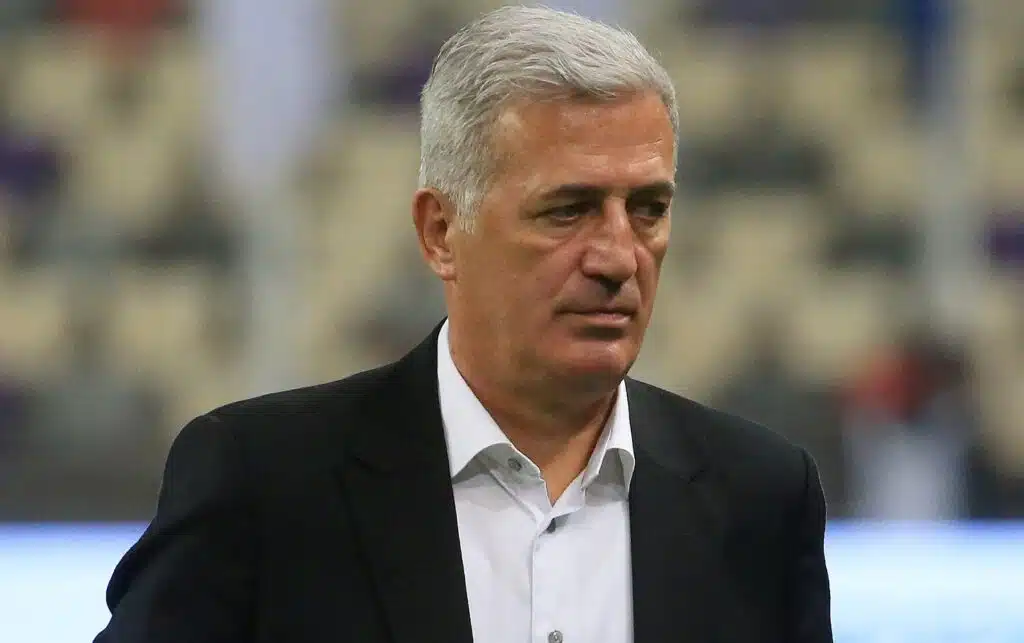Algeria coach Vladimir Petkovic criticises Guinea’s withdrawal from World Cup qualifiers

Algeria national team head coach Vladimir Petkovic has voiced his disappointment over Guinea’s decision to withdraw from the upcoming international break, calling it “not good for football.”
Guinea had been scheduled to face Niger on 6 or 7 June, followed by a friendly match against Tunisia on 10 June in Morocco, as part of their preparations for the 2026 FIFA World Cup qualifiers.
However, those plans have been shelved after the Guinean government abruptly pulled financial support for the team’s international commitments.
The decision has left the Syli National unable to proceed with their training camp and fixtures, casting uncertainty over their future participation in the qualification campaign.
Currently sitting fifth in Group G and trailing second-placed Mozambique by five points, Guinea faces a steep uphill battle to reach the playoffs.
Speaking during a press conference on Thursday, where he unveiled Algeria’s 29-man squad for the June qualifiers, Petkovic expressed regret over the situation.
“Regarding Guinea’s decision, I don’t know if it is final for official matches. They have their reasons, but it’s not good for football,” he said.
The withdrawal has drawn attention to internal tensions within Guinean football, as the country’s sports ministry reportedly cited the team’s poor position in the qualification standings as justification for withholding funding.
A government source stated, “It is time for Feguifoot to learn to fly on its own,” in reference to the Guinean Football Federation.
The implications of Guinea’s decision could have a significant impact on the qualification process. Algeria is set to face Guinea in September as part of the eighth round of group matches.
Should Guinea officially withdraw due to lack of resources, Algeria would be awarded a 3-0 victory by default, bringing them closer to securing their place at the 2026 World Cup.
Petkovic, however, remains focused on the task at hand. With Algeria currently topping Group G and holding a three-point advantage over Mozambique, the Fennecs are well-positioned for automatic qualification.
“We have a clear objective, which is to qualify for the 2026 World Cup,” the Swiss-Bosnian coach emphasised.
Guinea’s potential exit not only affects group dynamics but also raises broader concerns about the sustainability and support structures behind national teams across Africa.
With four matches still remaining in the qualifiers, the Syli National, managed by Michel Dussuyer, would need a near-perfect run to revive their hopes—an increasingly unlikely scenario without the backing of their federation or government.
For Algeria, the withdrawal presents a mixed scenario. While it could ease their path to qualification, it also denies them a competitive match that would have tested their squad ahead of the final rounds.
Petkovic’s reaction reflects the broader sentiment among coaches and players alike—that matches should be settled on the pitch, not in boardrooms or by financial constraints.
As the countdown to the World Cup continues, all eyes will be on the Confederation of African Football and the Guinean authorities to determine whether Guinea will fulfil its remaining fixtures or make an early and controversial exit from the campaign.




